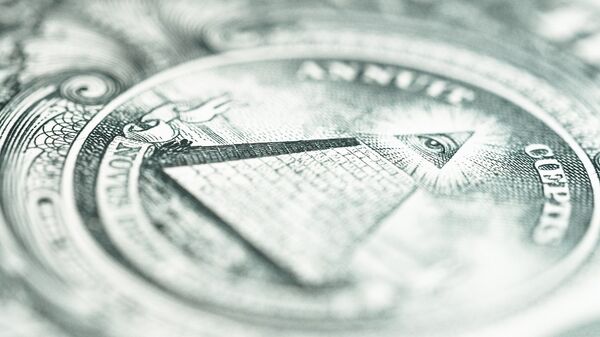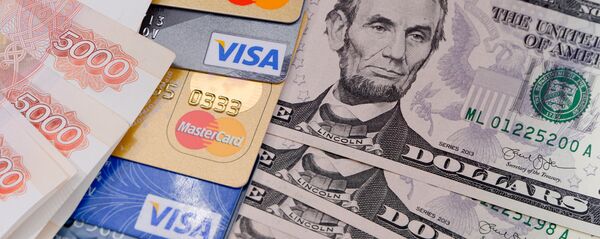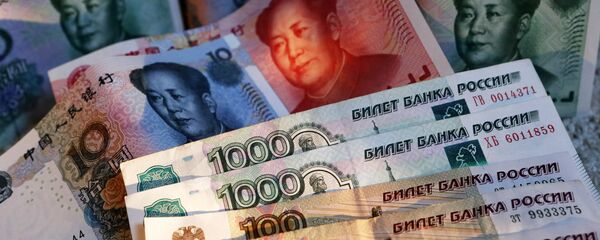Speaking to reporters on Friday, presidential spokesman Dmitri Peskov said that the recent trend toward moving away from the dollar in world trade was "a natural process and reaction of countries, including Russia, to rather unpredictable actions of the United States, which are rather questionable in terms of the norms and rules of international trade."
Ronald-Peter Stoferle, who gave an interview to Switzerland's Neue Zurcher Zeitung this week, seemed to agree with that assessment, telling the paper that the world was in the middle of a move away from a dollar-centric approach to world trade to a "multi-polar," multicurrency system.
Stoferle, a managing partner at the Liechtenstein-based investment fund Incrementum AG, explained that while the petrodollar system of world trade established at the end of the Second World War enabled the US to pursue an economic policy that would have crushed the economy of any other country, and accumulate a massive pile of debt, the creeping move away from the dollar, led by Russia and China, threatens to end this state of affairs.
Meanwhile, Washington's politicized attempts to "weaponize" the dollar against its political adversaries has only accelerated the trend, Stoferle said.
Pointing to specific efforts by countries to ease dependence on the US, the economist pointed to Russia and China's move to ditch the dollar in favor of ruble- and yuan-denominated trade, and Moscow's recent sell-off of US securities in favor of gold and other assets. Beijing, he noted, has also begun trading yuan-based oil futures, which already account for 7 percent of total oil trade. China's yuan-based trade agreements in Africa, and the offering of yuan-backed gold futures at the Shanghai Gold Exchange are more steps away from dollar hegemony, Stoferle said.
On Thursday, European Commission President Jean-Claude Juncker announced Brussels' plans to promote the euro in international trade, and pointed to the "absurdity" of the fact that Europe pays for 80 percent of its energy imports in dollars, while importing just 2 percent of its energy from the United States.




